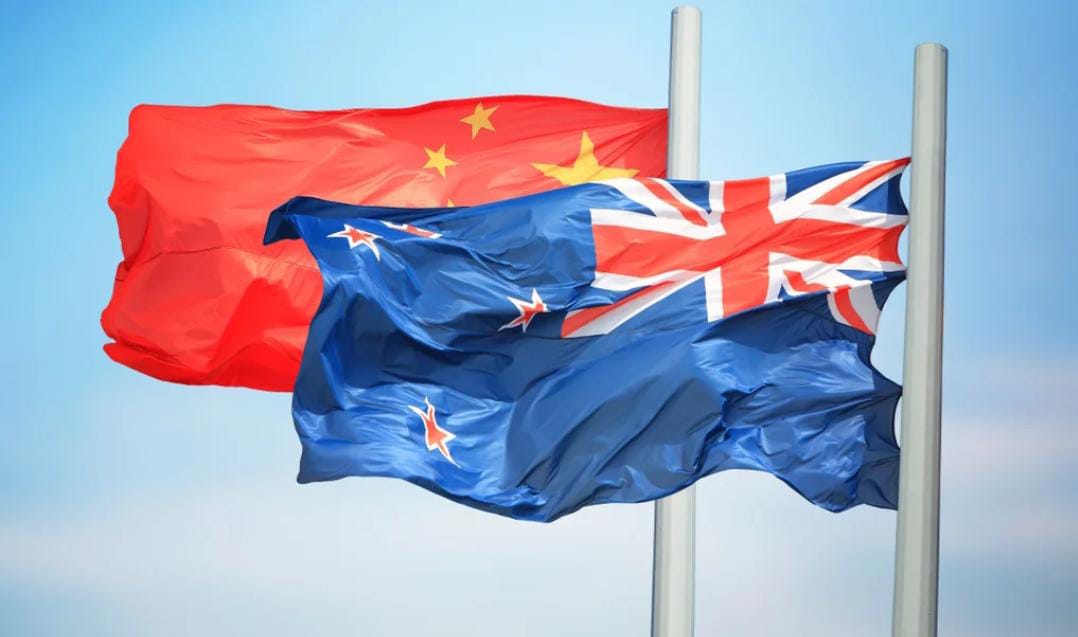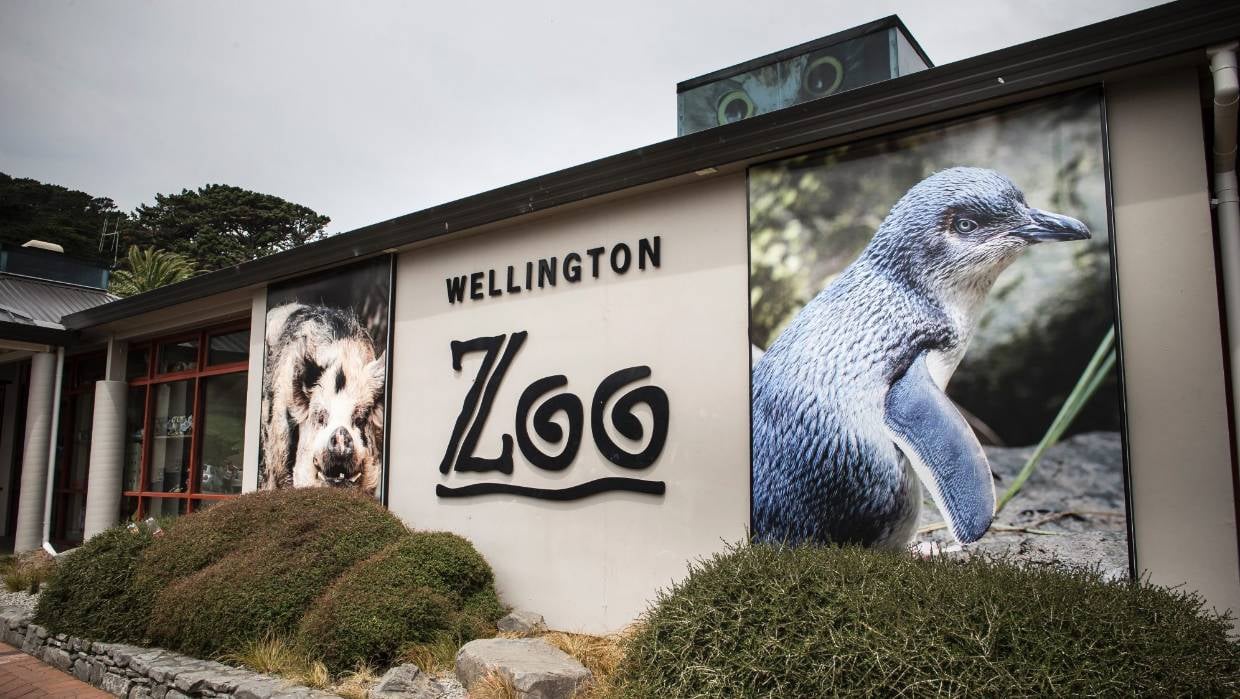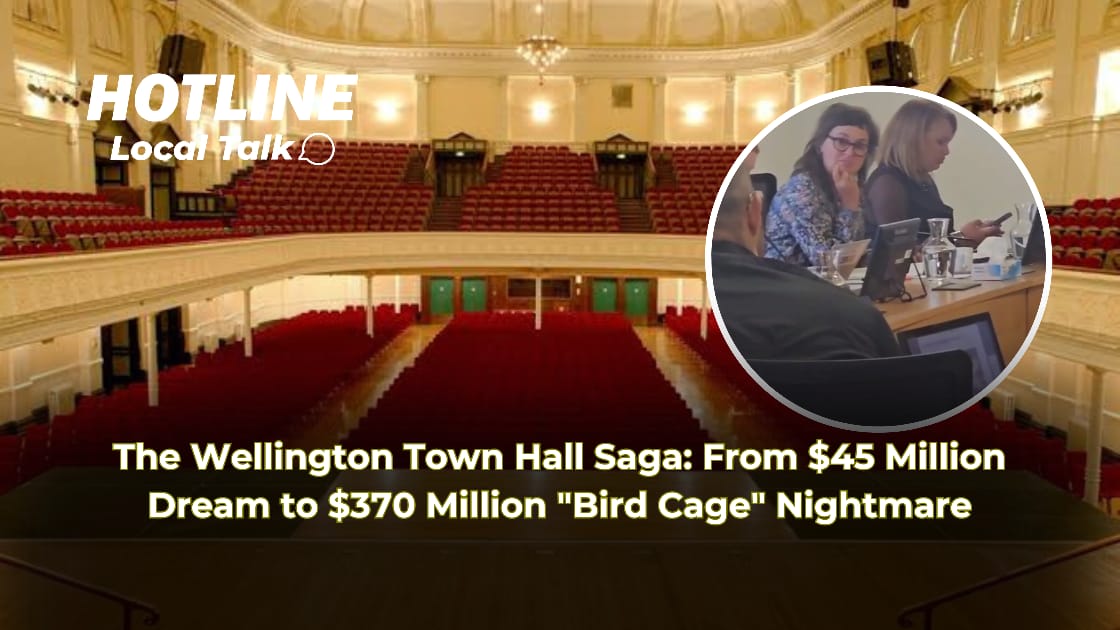Strengthening Wellington’s Bond with China
As New Zealand’s capital, Wellington has built a close relationship with China over the years, a bond evident in the presence of the Chinese Embassy and regular cultural exchanges. The prospect of hosting giant pandas at Wellington Zoo, on loan from China, could serve as a vibrant symbol of this enduring friendship. This “panda diplomacy” is a longstanding practice in which China loans pandas worldwide to reinforce diplomatic ties and cultural connections, a gesture that can bring significant benefits to both nations.
Picture source: istockphoto
For Wellington, securing giant pandas would symbolise this shared commitment to conservation and tourism while reflecting the strong relationship between the two countries.
The Potential Impact on Wellington Zoo and Tourism
The arrival of giant pandas at Wellington Zoo could transform the zoo into a premier tourist destination, a trend seen at other zoos globally. Pandas have an almost unmatched appeal, drawing widespread public interest and boosting visitor numbers. For example, when Adelaide Zoo acquired pandas in 2010, attendance surged by an impressive 70%. Other zoos that have hosted pandas report similar spikes in visitor engagement, which in turn benefit local economies, creating new jobs and supporting businesses in the hospitality, transport, and retail sectors.
Picture source: myguidewellington.com
In Wellington, a similar influx of tourists could breathe new life into both the zoo and the local economy, offering a fresh attraction for both residents and international visitors.
Funding Challenges Facing Wellington Zoo
Despite the potential tourism benefits, Wellington Zoo currently faces budgetary constraints. The Wellington City Council (WCC) is contemplating funding cuts to the zoo, due to recent allocations toward major city projects, such as the Town Hall restoration and expanded cycleways. These projects, though important, have left limited funds for the zoo’s operations and plans for new attractions.
Bringing pandas to Wellington Zoo would come with significant expenses, including the construction of specialised enclosures and the ongoing costs of animal care. However, with a clear funding strategy, including city support and partnerships with private sponsors, these financial challenges could be mitigated. Other zoos, such as those in the UK, have successfully used private partnerships to fund their panda projects, setting an example Wellington could follow to balance costs while ensuring panda welfare.
Addressing Concerns About Panda Costs
The allure of pandas is undeniable, but so are the costs of hosting them. Building a suitable panda enclosure alone can cost millions, while ongoing expenses cover food, medical care, and facility upkeep. For instance, Adelaide Zoo has struggled with rising costs to maintain its panda programme, despite securing initial government support.
In Wellington, careful financial planning will be essential to avoid the pitfalls encountered by other zoos. By securing sponsorships and maintaining efficient budgeting, Wellington Zoo can work towards creating a sustainable model for hosting pandas, ensuring this investment is economically feasible in the long term.
Can Pandas Help “Save the Zoo”?
Given the WCC’s consideration of cuts to zoo funding, securing pandas might seem ambitious. Yet, the pandas’ ability to draw tourists and generate revenue offers a unique opportunity to revitalise Wellington Zoo and reaffirm its role as a major tourist attraction. With local and international attention focused on the pandas, the resulting increase in visitor revenue could help offset some operational costs, reducing the zoo’s reliance on municipal funding. Furthermore, a “panda initiative” could attract private sponsorships from organisations interested in supporting a high-profile conservation project.
Picture source: getty images
Engaging the Community and Securing Sustainable Funding
To make the panda project viable, it will be crucial to foster community involvement and build a sense of collective ownership. Community-driven fundraising, educational programmes, and local partnerships could enhance public support for the initiative. For example, similar panda projects have successfully engaged local businesses, conservation groups, and educational institutions, all of which have an interest in supporting wildlife and environmental conservation. Additionally, crowdfunding campaigns or membership initiatives could help cover part of the panda maintenance costs, offering residents a personal stake in the pandas’ wellbeing.
Conclusion: A Bold Move for Wellington’s Future
The possibility of acquiring pandas at Wellington Zoo symbolises much more than a mere addition to its animal collection; it represents a unique intersection of cultural diplomacy, tourism potential, and community engagement. While financial challenges must be addressed carefully, the potential rewards—economic, social, and diplomatic—are substantial. If Wellington embraces this opportunity thoughtfully, pandas could soon become the city’s new ambassadors, bridging two nations while offering New Zealanders an unforgettable connection to one of the world’s most beloved animals.








